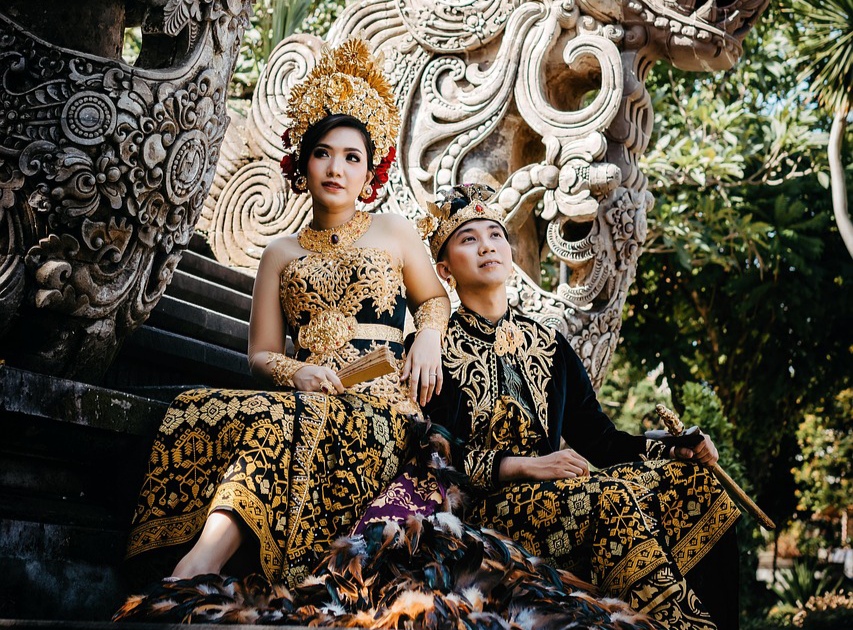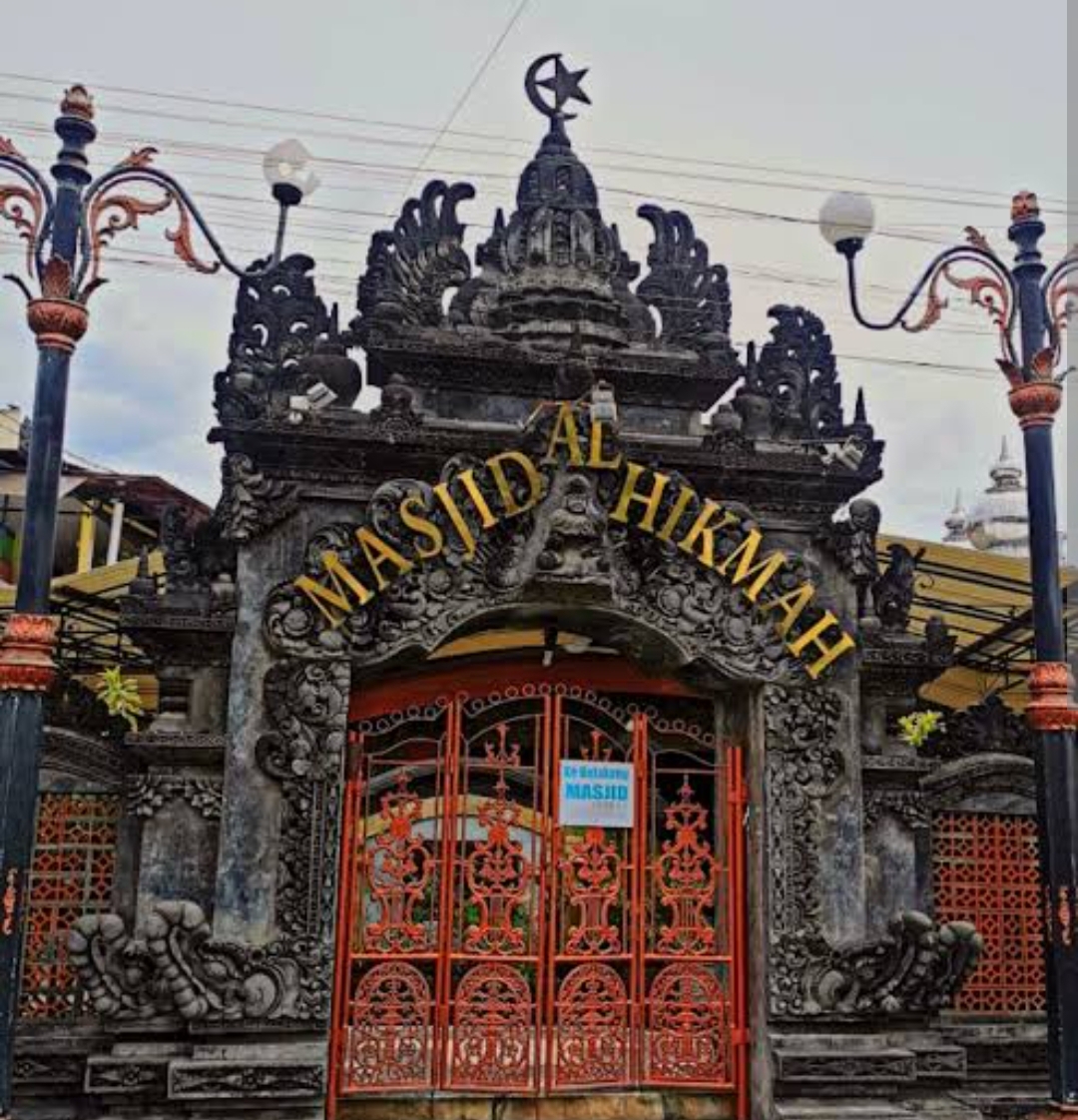A traditional Balinese wedding, known as pawiwahan, is more than just the union of two individuals—it is a sacred series of ceremonies that reflect the spiritual, social, and cultural values of Balinese society. Each stage in the process holds deep meaning, passed down through generations.
Mesedek (Initial Proposal)
The process begins with mesedek, where the groom’s family visits the bride’s family to formally express their intention to propose. This act shows respect and sincerity in taking the relationship to the next level.
Madewasa Ayu (Choosing an Auspicious Day)
Once the proposal is accepted, both families, with guidance from a priest or elder, determine a suitable day (dewasa ayu) for the wedding. This date is chosen based on the Balinese calendar and astrological considerations, ensuring harmony and good fortune for the marriage.
Ngekeb (Preparation of the Bride)
Before the wedding day, the bride undergoes ngekeb, a purification ritual involving a special bath with herbal mixtures. This spiritual cleansing prepares her—physically and emotionally—for her new role as a wife.
Ngidih (Formal Request Ceremony)
During ngidih, the groom’s family formally asks the bride’s family for permission to proceed with the marriage. This symbolizes official acknowledgment and mutual respect between the families.
Ngungkab Lawang (Fetching the Bride)
On the wedding day, the groom symbolically “opens the door” to fetch the bride in a ritual called ngungkab lawang. The door is knocked three times, signifying the groom’s readiness to welcome the bride into his life.
Mesegeh Agung (Welcoming Ceremony at the Groom’s Home)
Upon arrival at the groom’s house, the bride is welcomed in the mesegeh agung ceremony. She removes the yellow cloth covering her body, which is symbolically replaced with a gift from her new mother-in-law—signifying acceptance into the family.
Mabyakala (Spiritual Purification)
Both bride and groom participate in mabyakala, a spiritual cleansing ritual that purifies them from negative energies and seeks divine protection for their married life.
Mewidhi Widana (Offering to Ancestors)
The couple then offers prayers in the family shrine during the mewidhi widana ceremony. This is a way to introduce themselves to the ancestors and ask for blessings and guidance as they begin their life together.
Mejauman (Farewell to the Bride’s Family)
As the final step, the newlyweds return to the bride’s home in a ritual called mejauman. They bid farewell and ask for blessings from the bride’s family for their new journey as husband and wife.
Each stage of pawiwahan is not just about joining two people, but also about uniting two families in mutual respect and harmony. These customs reflect the deep-rooted values of Balinese culture—honoring sacredness, family, and the balance of life. (BT)
Image source: pixabay.com





